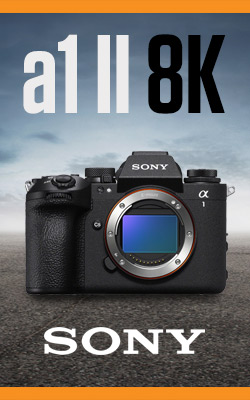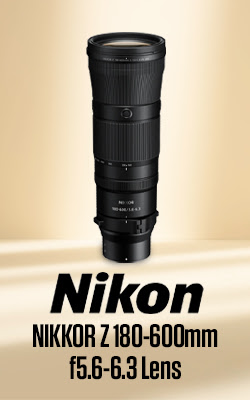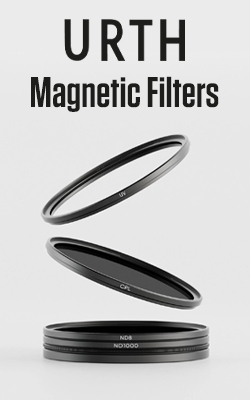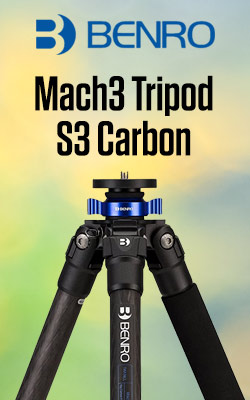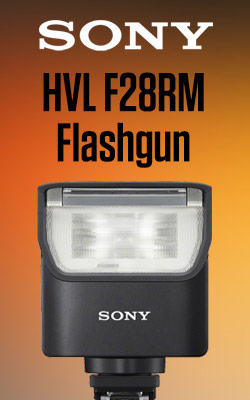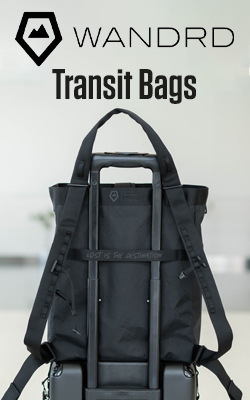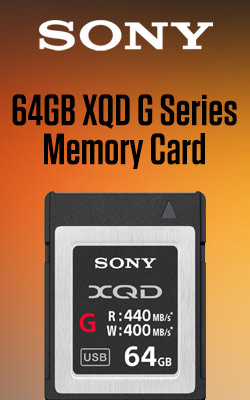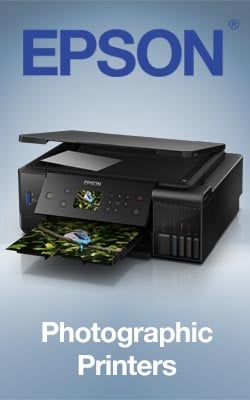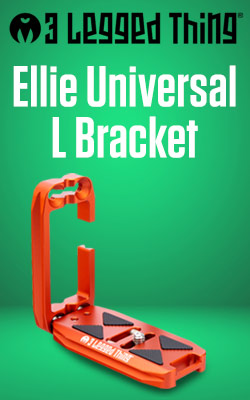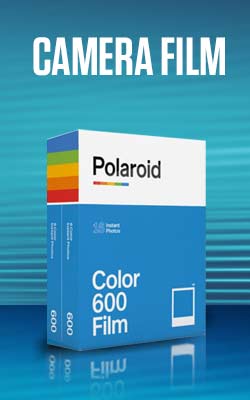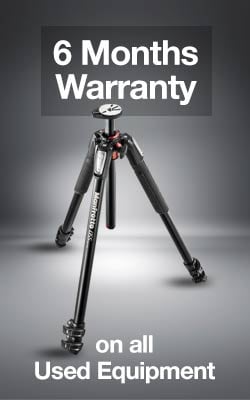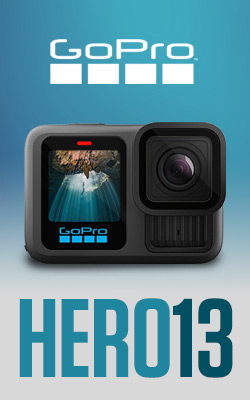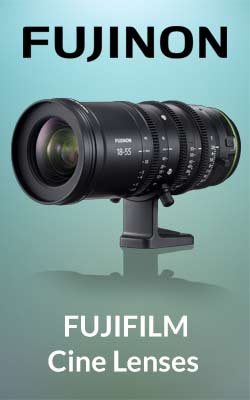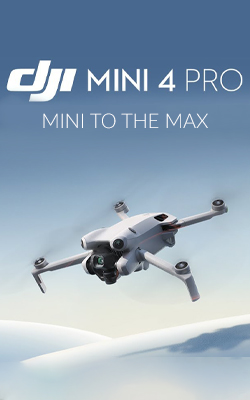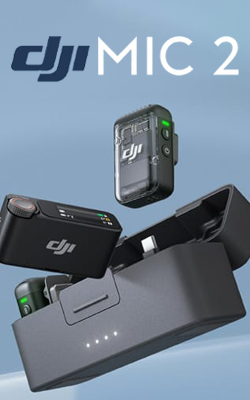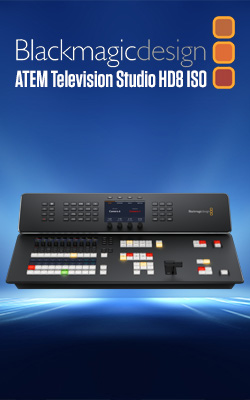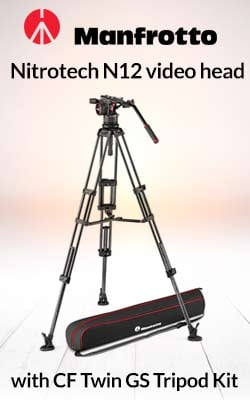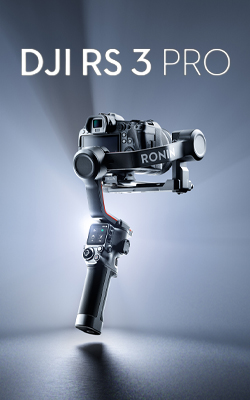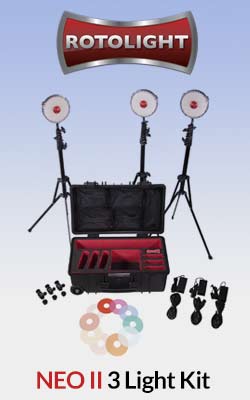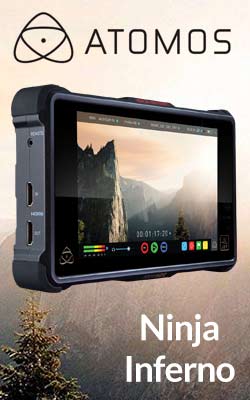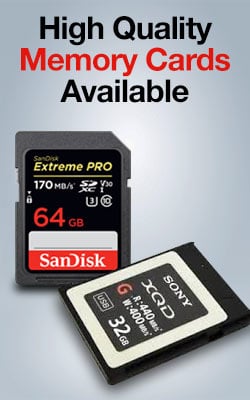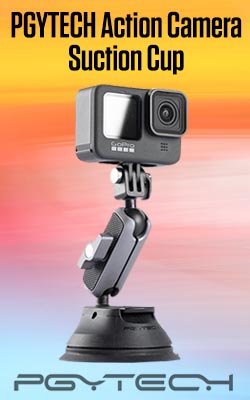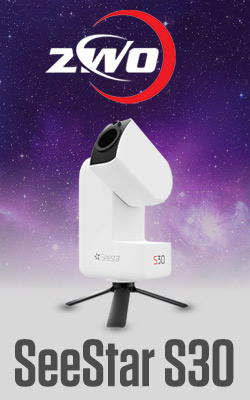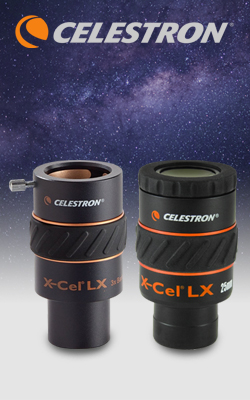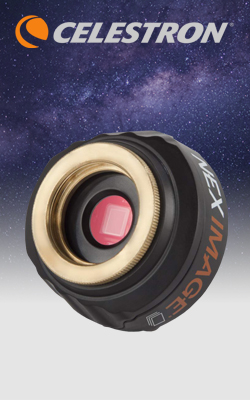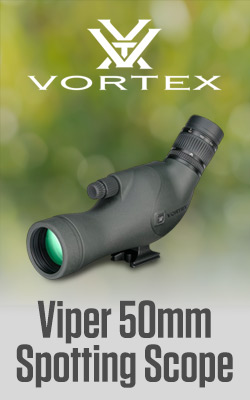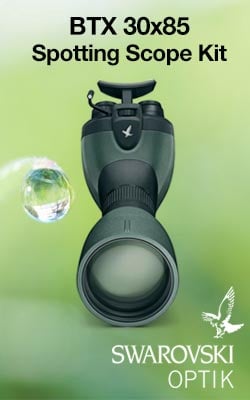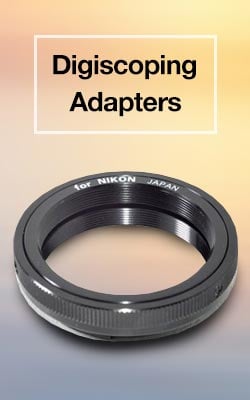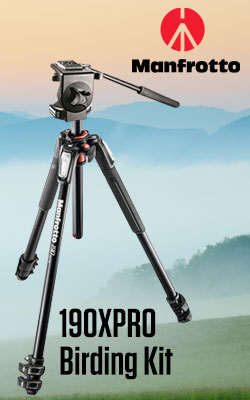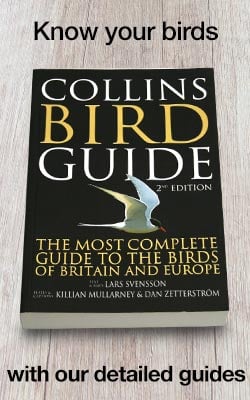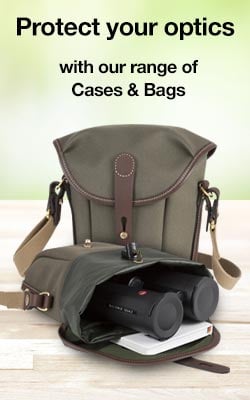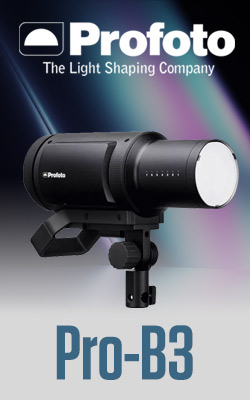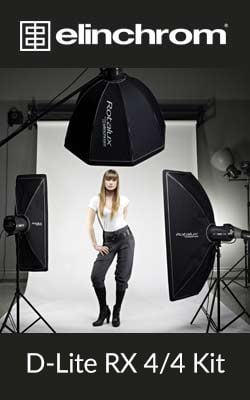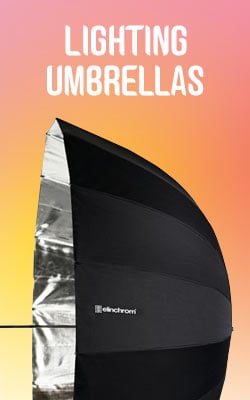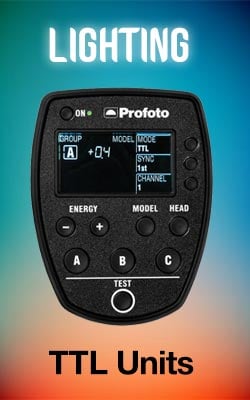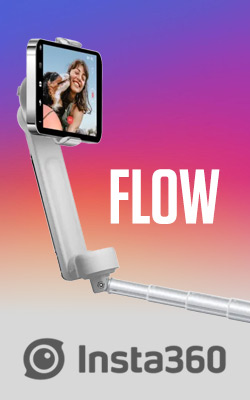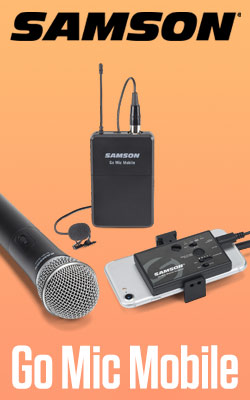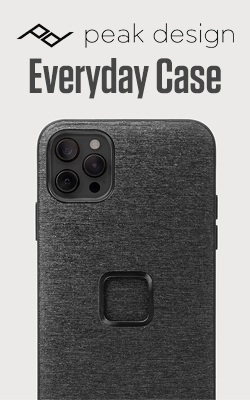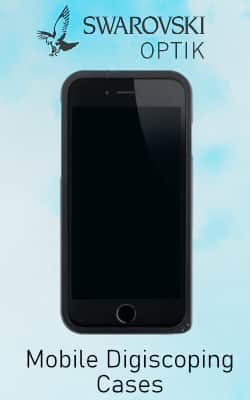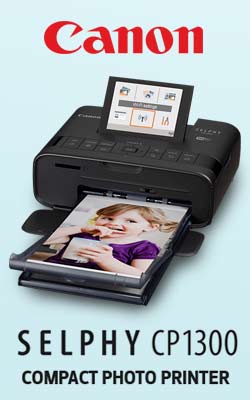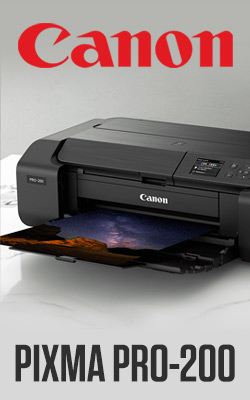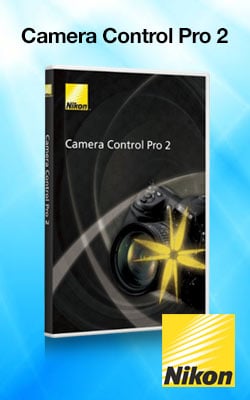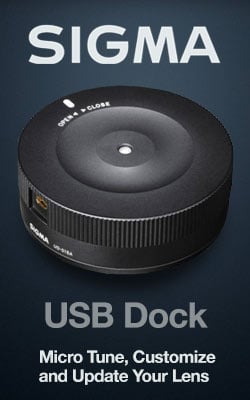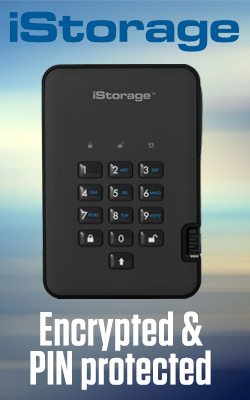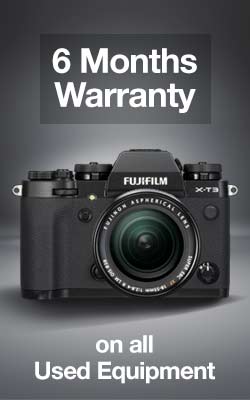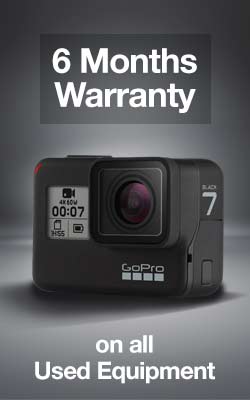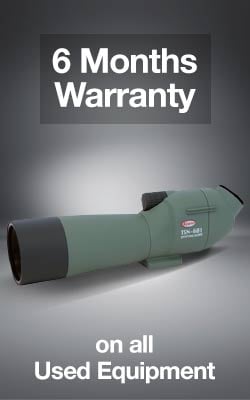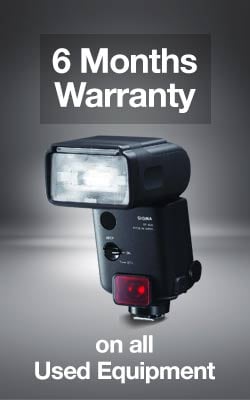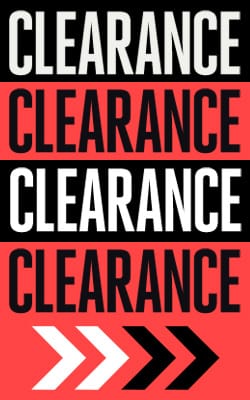Which Sony Alpha camera is best for you?
How do you decide which is the right Sony Alpha A7 camera for you? Updated for 2021!
Sony’s A7 series was divided into three lines that were started with the A7, A7R and A7S. However, as of 2020, Sony has now added the A7C to the series thus creating a quartet of full-frame mirrorless cameras.
The 24Mp A7 was introduced as the all-rounder and more affordable option when getting into full-frame mirrorless photography, while the 36Mp A7R was the high-resolution model that now provides a whopping 61 million effective pixels with its fourth iteration, the A7R IVA. The 12Mp A7S was introduced as the low-light and video-centric camera with the newly introduced A7C completes the line-up by providing a compact (the “C” in the title) option for the modern, hybrid shooter.
Development and Versions
As is with all technology these days, development is continuous and this is no different for the Sony Alpha range of cameras. Since the original Sony A7 in 2013, we are now lucky enough to be able to choose from four A7’s, four A7R’s, three A7S’s and one A7C.
Full list of Sony A7 Series Cameras:
- Sony A7
- Sony A7 II
- Sony A7 III
- Sony A7 IV
- Sony A7R
- Sony A7R II
- Sony A7R IIIA
- Sony A7R IVA
- Sony A7S
- Sony A7S II
- Sony A7S III
- Sony A7C
So with this plethora of options, where do we begin?
What is the Sony A7 best for?
Pitched as the affordable option for those getting into full-frame mirrorless photography the A7II and A7III are really much more than their predecessor. The further addition of the 33MP A7IV is the best entry-level camera for all-around video and photography performance.
Ideal for everyday photography and also great for more niche genres like landscapes, portraits and even as a beginner wedding photographer’s weapon of choice, the A7 III and A7 IV also offer 4K video options along with S-log so you can create more professional looking content.
| Best for Hybrid Photo/Video Creators | ||||
| A7 | A7 II | A7 III | A7 IV | |
| Release Date | 2013 | 2014 | 2018 | 2021 |
| Mega Pixels | 24MP | 24MP | 24MP | 33MP |
| Viewfinder Dots | 1,230,000 | 1,230,000 | 2,360,000 | 3,690,000 |
| Video | Full HD | Full HD | 4K oversampled from 6K | 4K oversampled from 7K |
| Stabilisation | None | 5-axis | 5-axis | 5-axis |
| ISO | 100-25600 | 100-25600 | 100-51200 | 100-51200 |
| Processor | Bionz X | Bionz X | Bionz X | Bionz XR |
| Dimensions | 127 x 94 x 48 mm | 127 x 96 x 60 mm | 127 x 96 x 74 mm | 131 x 96 x 80 mm |
| Weight | 474 g | 599 g | 650 g | 658 g |
What is the Sony A7R best for?
The highest resolution model from Sony with a huge 61Mp, the A7RIVA is best suited to those needing to capture a great level of detail. Macro shooters and Portrait photographers are the first port of call with Wildlife photographers being able to benefit from the ability to crop into their images. Sports photographers can also consider the A7RIIIA and A7R IVA thanks to the improved autofocus system that’s locks and tracks onto subjects effectively and incredibly quickly.
With a photo-heavy focus in the Alpha R range, it’s not to say that these cameras can’t produce fantastic 4K video output. The in-body image-stabilisation not only benefits the stills but also aids the camera in putting out professional-level 4K video.
| Best for High-Quality Photography | ||||
| A7R | A7R II | A7R IIIA | A7R IVA | |
| Release Date | 2013 | 2015 | 2017 | 2019 |
| Mega Pixels | 36.4MP | 42MP | 44MP | 61MP |
| Viewfinder Dots | 2,359,269 | 2,359,269 | 3,686,400 | 5,760,000 |
| Video | Full HD | 4K | 4K | 4K |
| Stabilisation | None | 5-axis | 5-axis | 5-axis |
| ISO | 100-25600 | 100-25600 | 100-32000 | 100-32000 |
| Processor | Bionz X | Bionz X | Bionz X | Bionz X |
| Dimensions | 127 x 94 x 48 mm | 127 x 96 x 60 mm | 127 x 96 x 74 mm | 127 x 96 x 78 mm |
| Weight | 465 g | 625 g | 657 g | 665 g |
What is the Sony A7S best for?
Video. Simple. The 12Mp sensor allows the camera to handle extremely well in low-light. The low megapixel count means that it can handle noise very well. The vari-angle high-resolution LCD screen also allows the user to capture from more angles than ever before.
Capable of 4K 120p with super-fast AF of 0.2s and 15-stop wide dynamic range, the A7SIII also boasts a double stabilisation system that’s supported by a larger battery capacity so your content creation can go on, and on, and on… you get the idea.
| Best for High-Quality Videography | |||
| A7S | A7S II | A7S III | |
| Release Date | 2014 | 2015 | 2020 |
| Mega Pixels | 12MP | 12MP | 12MP |
| Viewfinder Dots | 2,400,000 | 2,359,296 | 9,440,000 |
| Video | Full HD(60p), 1280x720(120p) | 4K/30p, Full HD/120p | 4K/120p |
| Stabilisation | None | 5-axis | 5-axis |
| ISO | 100-102400 | 100-102400 | 80-102400 |
| Processor | Bionz X | Bionz X | Bionz XR |
| Dimensions | 127 x 94 x 48 mm | 127 x 96 x 60 mm | 129 x 97 x 81 mm |
| Weight | 507 g | 627 g | 699 g |
What is the Sony A7C best for?
4K video, stills up to 10fps and real-time eye AF to name a few of the main features of the A7C, are all brought together in a small, lightweight and portable package. The “C” stands for compact and this camera certainly stands up to its name. Sony is already known for their small and lightweight full-frame cameras so they’ve gone one step further with the A7C.
Built for the hybrid shooter, the A7C can be a great first camera for beginners or even used as a fun option for the more professional photographer to keep in their camera bag. With the combination of high-level stills and video, it makes the A7C perfect for vloggers who also like to capture the world around them.
| Best for Beginners or Vloggers | ||
| A7C | A7C II? | |
| Release Date | 2020 |
Will there be an A7C II? We will just have to wait and see... |
| Mega Pixels | 24MP | |
| Viewfinder Dots | 2,360,000 | |
| Video | 4K/30p | |
| Stabilisation | 5-axis | |
| ISO | 100-51200 | |
| Processor | Bionz X | |
| Dimensions | 509 g | |
| Weight | 124 x 71 x 60 mm | |
Tell me more?
So what we’ve told you so far might be useful if you’re trying to just get a handle on which cameras do what, but what about if you’re a dedicated landscape photographer or perfected portrait photographer? If you have a specific style or styles of photography or videography that you are looking to do then read on to see which camera suits your style.
What camera should I use for landscape, still life, macro and portraits?
Landscape, still life and macro photographers are usually concerned with capturing lots of detail. That makes a high-resolution camera the logical choice and the 61Mp Sony A7R IVA is the model of choice. In addition to its ability to record lots of detail, it has an excellent dynamic range and a superb autofocusing system.
 Sony A7R IIIA - note: externally these two cameras are nearly identical, can you spot the differences?
Sony A7R IIIA - note: externally these two cameras are nearly identical, can you spot the differences?
The older A7R III has a more attractive price point however that does come with a few compromises. The A7R III has a reduced resolution compared to the A7R IVA, although at 44MP that is still no ill-store.
What Sony camera is best for video?
If videography is your main consideration, the Sony A7S III is the camera to go for. At 12Mp it has a low pixel count but this means that noise is controlled very well at high sensitivity settings. The A7S III also has very impressive 4K/120p video capabilities meaning there is nothing it cannot do.

Sony Alpha A7s - The original. Note the grip resembles that of the a6000, both cameras were released in 2014.
-
 The Sony Alpha A7S III delivers excellent video in versatile lighting scenarios by controlling noise while using high ISO settings.
The Sony Alpha A7S III delivers excellent video in versatile lighting scenarios by controlling noise while using high ISO settings.
However, Sony has also given the A7R III and A7 III fantastic video capability, more than enough to satisfy a hobbyist and many professional videographers. These cameras also benefit from much better handling - including a better location for the video record button, touch screens and the mini-joystick controller for autofocus control.
So if you have any interest in shooting stills as well as video, we’d recommend going for the A7R III or A7 III.
What is the best Sony A7 Camera for Sport and Action Photography?
The third generation A7 cameras have an incredible autofocus system. It means the A7R IIIA and Sony A7 III are capable of focusing on a fast-moving subject and keeping it sharp wherever it roams around the frame.
What’s more, both cameras can shoot at 10fps (frames per second) and do so completely silently if necessary. However, it’s worth bearing in mind that 42Mp images take up a lot more space on a memory card and hard drive than 24Mp images. And if you’re shooting at 10fps, it doesn’t take long to fill your card.
With that in mind, if you’re interested in shooting sport we highly recommend the Sony A7 III.


The Sony A7 III autofocus system utilizes 693 phase-detection AF points, indicated by the green boxes shown here, that cover 93% of the image area. These are complemented by 425 contrast detect points, in combination, they deliver fast and accurate AF.
What is the best Sony camera for Weddings and Portraits?
The A7R IVA and A7 IV have a trick up their sleeves that wedding and portrait photographers love - Eye AF. It does a brilliant job of getting the eyes sharp in portraits and wedding images - even when the subject is moving.
Both cameras make a good choice for this type of photography and pros are divided about which to opt for. However, the A7 IV wins out for many because of the smaller file size, excellent noise control and more affordable price.
A Bit of Everything?
The A7 III is a great all-rounder. The A7 and A7 II were also intended to be all-rounder cameras, but the Mark III has better handling and a brilliant AF system. As we mentioned earlier, there’s also an extensive array of video options so you can produce high-quality 4K video as well as great 24Mp images.
Read next
- What is the best 24-70mm lens for Sony Alpha Cameras?
- An Hour with the Sony a7 IV with in-camera footage
- Sony a1 Real World Review
Thank you!
Thanks for taking the time to read our blog, we really do hope they help you out and answer some of your questions. If you still have some unanswered, then please feel free to get in touch with our team of experts.
We have a LiveChat option on our website and we can, of course, be contacted via our email, we're also on the end of the phone too! Read more on how to contact us here >
Want to write for us?
If you've got experience with producing content on photo, video and/or optics products or techniques then we would love to hear from you. Contact our blog editor, Fee, with a sample of your work at fee@cliftoncameras.co.uk.
- By Fiona Chandler
- 6 Jan 2021


